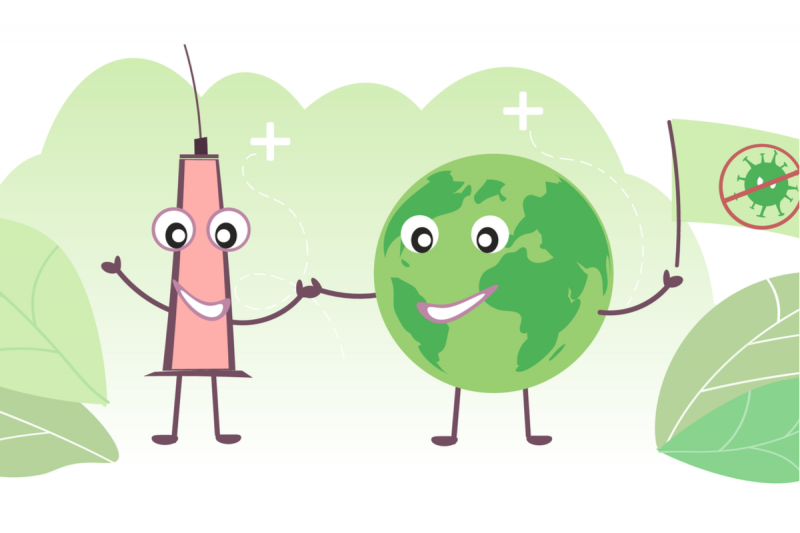These are strangely disparate times. The way in which people handle information varies like generational…

Join us as a therapist

We’re saved! The Pfizer Covid jab begins its roll out next week. The Health Secretary is rumoured to have smiled, and most of us can now drink a sociable glass of the good stuff, so long as we dip a Scotch egg into it at the same time. Life stirs.
We are being lied to!
Yet many conspiracy theorists are even now sharpening their heels for a better grip. Not for nothing have they spent their Pandemic eulogizing over the injustice of a global swizz. Whether it is down to international finance, panicking politicians, or cabals of alien lizards, we, the gullible masses are being fooled into shutting down our economies. Global ruin is to be compounded by vaccines that will interfere with DNA, cause defects and induce senseless panic about a virus as dangerous as climbing a ladder in flip flops.
Never mind that the arguments against Covid follow identical patterns to those used since smallpox vaccines were damned 135 years ago; the anti-vaxxers’ arsenal remains impressive. Their experts sound convincing, their charts are prettier than Boris’s and “do nothing” is more attractive and much less faff than making an appointment to expose your forearm to a stabbing needle. Currently, 28% of Brits say they may not, or will not, accept vaccination (source: Nature Medicine).
The power of ‘us’
Yet, the vaccine is our ally, our pal, but it is no good government telling us so. UNICEF found that messages from authority only nailed in “They would tell us that, wouldn’t they?” beliefs. There are other options.
Sticks work, so do carrots. “You can’t come in here (pub, supermarket, café) unless you can show me you’ve had the jab, mate.” Alternatively, more people will roll up their sleeve if they are (a) paid to do so or (b) if an appointment is made for them.
But peer-to-peer influence works best.
We should portray the vaccine as a wise friend, something effective and recommended by those we trust. The majority wants the jab, use its voice to seed social media.
Anthropomorphism is an old and cunning trick. Give a syringe a human appearance and you magnify its appeal and diminish its threat. Make it a ‘her’ (women are more trusted than men), a doctor, (that most dependable of professions), mix in her name with a pithy aphorism and you have a cartoon that will be both (a) ribbed mercilessly and (b) talked about.
Largely people fall into step with their peers. If they take the vaccine, so do we. This is a battle we must win. The World Health Organization reckon we need a 70% inoculation rate to achieve decent herd immunity and a new normality. The Oxford/Astra Zeneca vaccine is likely to be the one most of us receive. Its efficacy rate is somewhere between 62-90%, so we may need almost everybody to be vaccinated.
Phobic? Easy
And you? You don’t like injections? No problem. When you go, pack a treat, a favourite titbit. In the room, breathe; deeply enough to suck your belly button from the inside. Do this at least three times and you cannot help but relax. Proffer whatever part of you is about to become a pin cushion. And as you do, think of what you love most, a fabulous holiday, your sports team, your partner. Keep breathing deeply, look away, eat your treat and conjure up your favourite thing. You are now in danger of enjoying yourself. Vaccines: globally they are essential; psychologically, they’re manageable.
Article by Dr. Craig Knight